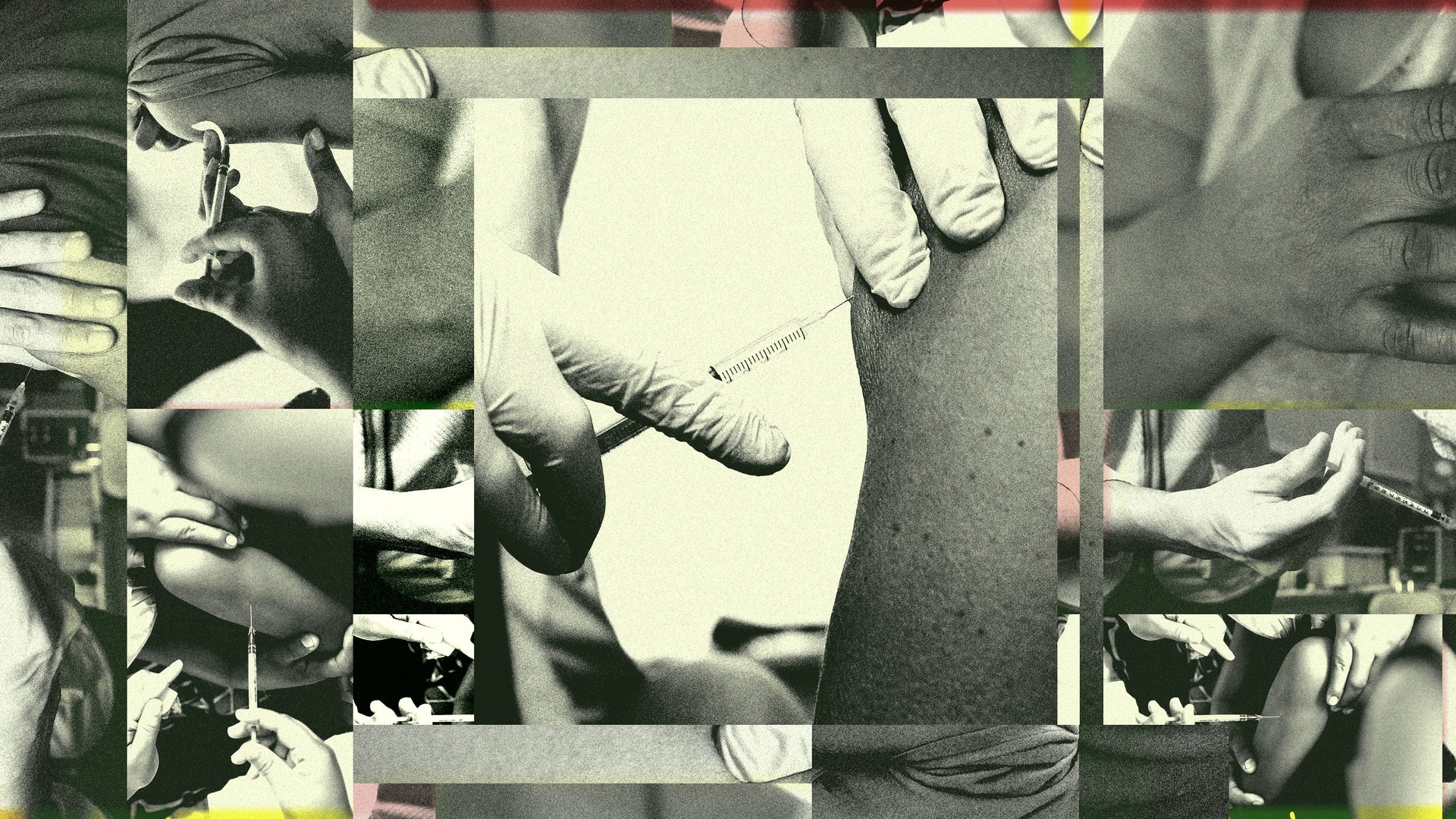This is what you can do to help with vaccine equality
The data on covid-19 vaccine inequality is damning.

The data on covid-19 vaccine inequality is damning.
Most western countries have immunization levels well above 70%. Low- and middle-income countries, which were forced to rely on donations from rich countries to vaccinate their populations, are trailing. Poor countries in particular barely reach 12% vaccination rates, and in African countries such as Burundi or the Democratic Republic of Congo, less than 1% of the population has received a covid-19 vaccine.
Even for those living in highly vaccinated communities, this should be concerning—if not for moral reasons, then for selfish ones. Low vaccination rates have caused the emergence of the delta and omicron variants, and the risk is for more variants to result from similar conditions, then spread across the globe.
But vaccine development and distribution, patent waivers, global trade, and international cooperation are too far above the reach of individuals for any common citizen to do much about it. Or, are they? Advocates for vaccine equity don’t believe so, and while they highlight the role of governments in pushing for better distribution of vaccines—and medications, for this and future health emergencies—they also have a few suggestions about what the rest of us can do.
Citizen pressure
One of the root causes of vaccine inequality is the unwillingness of pharmaceutical companies to share their covid-19 vaccine patents. International pushes toward patent waivers have been stalled by rich governments, which tend to protect the interests of pharmaceutical companies. “Governments have started to believe that their interests and the interests of the pharma companies that inhabit their cities are the same as their national interests,” says Ben Phillips, an anti-inequality activist and the author of How to Fight Inequality.
Citizens can make sure their representatives understand they do not unquestioningly support big pharma interests in the case of global emergencies. This is especially true when protecting pharmaceutical intellectual property ends up protracting the pandemic, damaging the interests of countless other industries.
What is decided in international fora is discussed in national settings, and citizens can contact their representatives to let them know they support patent waivers and measures to support vaccine equity. “The movement that we’ve seen in the global north—of students, of doctors, of NGOs—is really really important,” says Phillips. “I think the public pressure on the government is key.”
Go tell pharma
Citizens of rich countries are the primary market for pharmaceutical companies, and covid-19 vaccines helped big pharma improve its reputation. Through the years, and especially after its involvement in the opioid crisis, the pharmaceutical industry ranked amongst the lowest in consumer trust; in the US, it was the most disliked industry, and was trusted even less than the government. The speed at which drug companies developed vaccines and treatments for covid-19 dramatically improved their standing, but their refusal to cooperate in vaccine equity could undo those gains, if consumers called it out. It’s 2022—consumer activism can accomplish a lot.
Donate
There are two ways to donate to vaccine equity programs. One is to send money to purchase vaccines. This is a short-term intervention, and while it might have has less of an impact on the overall system, it can make a big difference in expanding the vaccinated population. The World Health Organization (WHO)’s Go Give One program allows people to buy a vaccines for countries in need for as little as $5.
The other channel for donation is to organizations and programs that are working to expand vaccine access more systemically, both by campaigning for patent release and investing in local preparedness, so that the next pandemic catches the world less off guard. Among these are:
- WHO covid solidarity response and ACT accelerator
- African Union covid response fund
- Health Justice Initiative
Armchair activism
Covid isolation is a good excuse to engage in some online activism. Plus, given the global nature of the issue, internet campaigns have the chance to reaching a broader audience. Several that you can join and share from the comfort of your home include:
- Médecins Sans Frontières’s Share the Tech
- The People’s Vaccine’s initiative to End Covid Monopolies and other action campaigns
- WHO’s Vaccine Equity Declaration and educational campaigns on vaccine access and equity
- Amnesty International’s End Vaccine Inequality Now